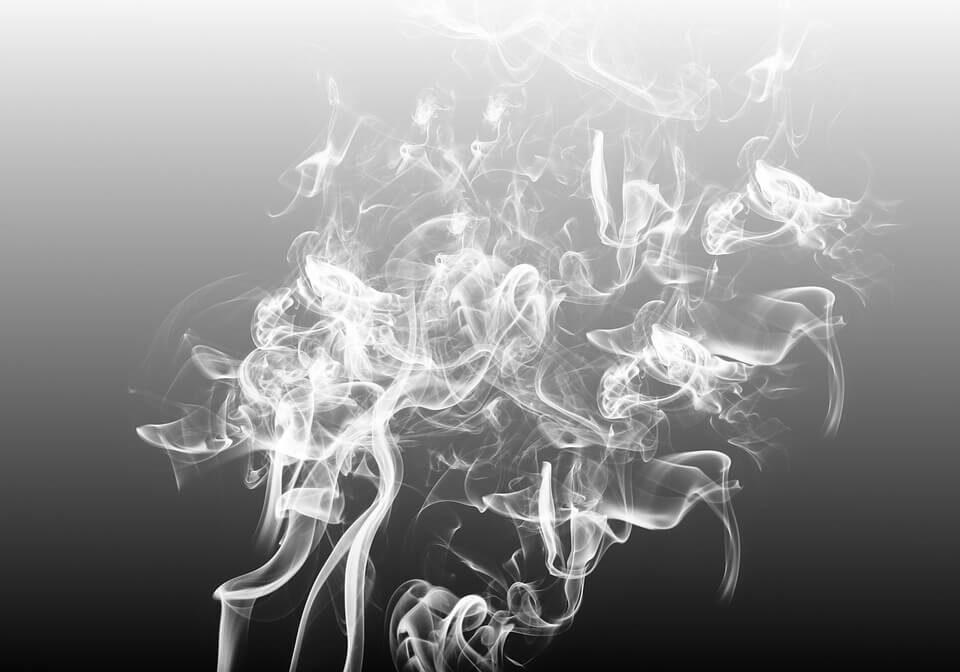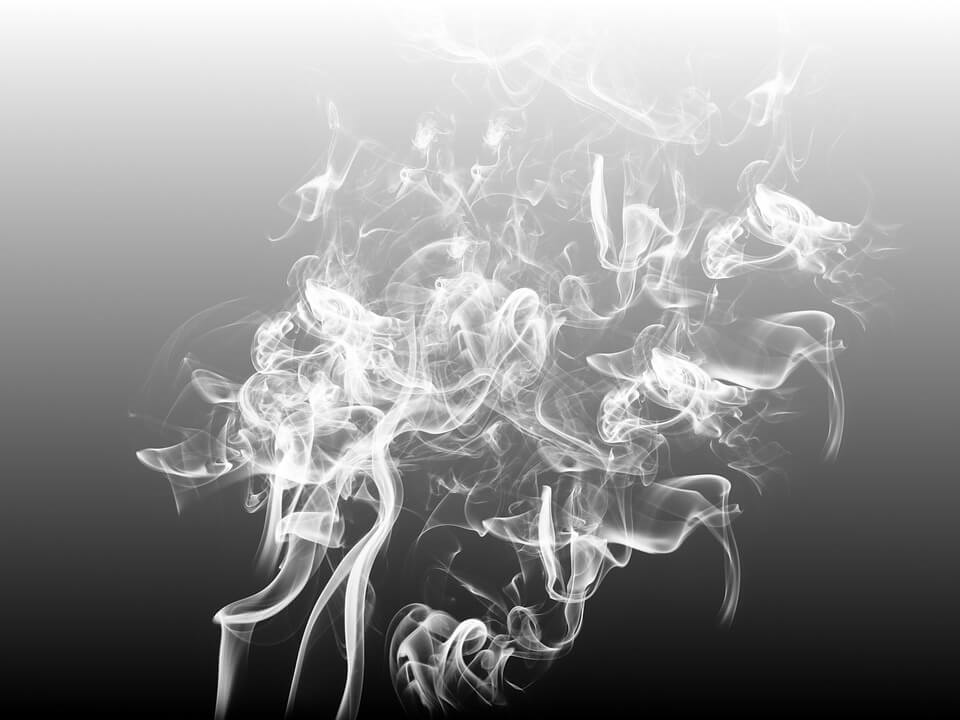Detox To Increase Your Quit

E-cigarettes are now being taken over by Big Tobacco – which tells you a lot about their ability to addict and reap profits long-term from the suckers who find inhaling nicotine the thing. Don’t get me wrong – if you smoke cigarettes, I support switching to e-cigarettes.
Less deadly doesn’t mean it’s a goodie for you and your amazing lungs.
Back to the labels – this is nothing new in terms of old dogs, new tricks. Tobacco companies have long been known for their lack of a moral compass. They’ve demonstrated they’ll go after our teens and mislead the public in order to set their hooks.
In the age of nicotine-nuanced morality, the killers have simply shown us they’ll follow the money. Tobacco companies have taken it upon themselves to place voluntary health warnings on e-cigarette packaging. One of the warning labels listed on Altria, a maker of Marlboro’s says, “Nicotine is addictive and habit forming, and is very toxic by inhalation, in contact with the skin, or if swallowed.”
Could it be that these companies are not as heartless and money hungry as we’ve always thought, or are they just finally mitigating financial damages in the future from loss of life and disease states in the lives of their consumer.
It’s that. Trust me.
With label warnings, Big Tobacco silences negative health claims and even receives some positive publicity to improve their business.
If they really cared about you, me, all smokers and public health, they’d shut down their factories altogether.
E-cigs have been linked to regular tobacco use, and have even been referred to as a gateway to other addictive drugs. The numbers for other addictions are far greater in those introduced to nicotine as children.
Best to refrain from e-cigs and tobacco products entirely. Use Nicoderm CQ or other Nicotine Replacement Therapy, like the gum or lozenge to quit. You’ll increase your success by seven times, than if you do not.
I am a recovered addict 11 years removed from alcohol and crystal meth dependence. I am nearly a decade removed from dependency from tobacco. Today I devote my life and career to helping others who struggle with addictions. If you or someone you love is struggling with drugs, alcohol, or food, call Breathe Life Healing Centers’ Admission lines today and let us help you recover. We don’t treat tobacco dependence, but our helplines are available to give you tips on how to quit. Be smart, be safe and be healthy.
To Inquire About Breathe Life Healing Centers, Please Call
Our Helpline 24/7 at (800) 929-5904
Get Help Now
Send us a message and a member of our team will be in touch shortly.

